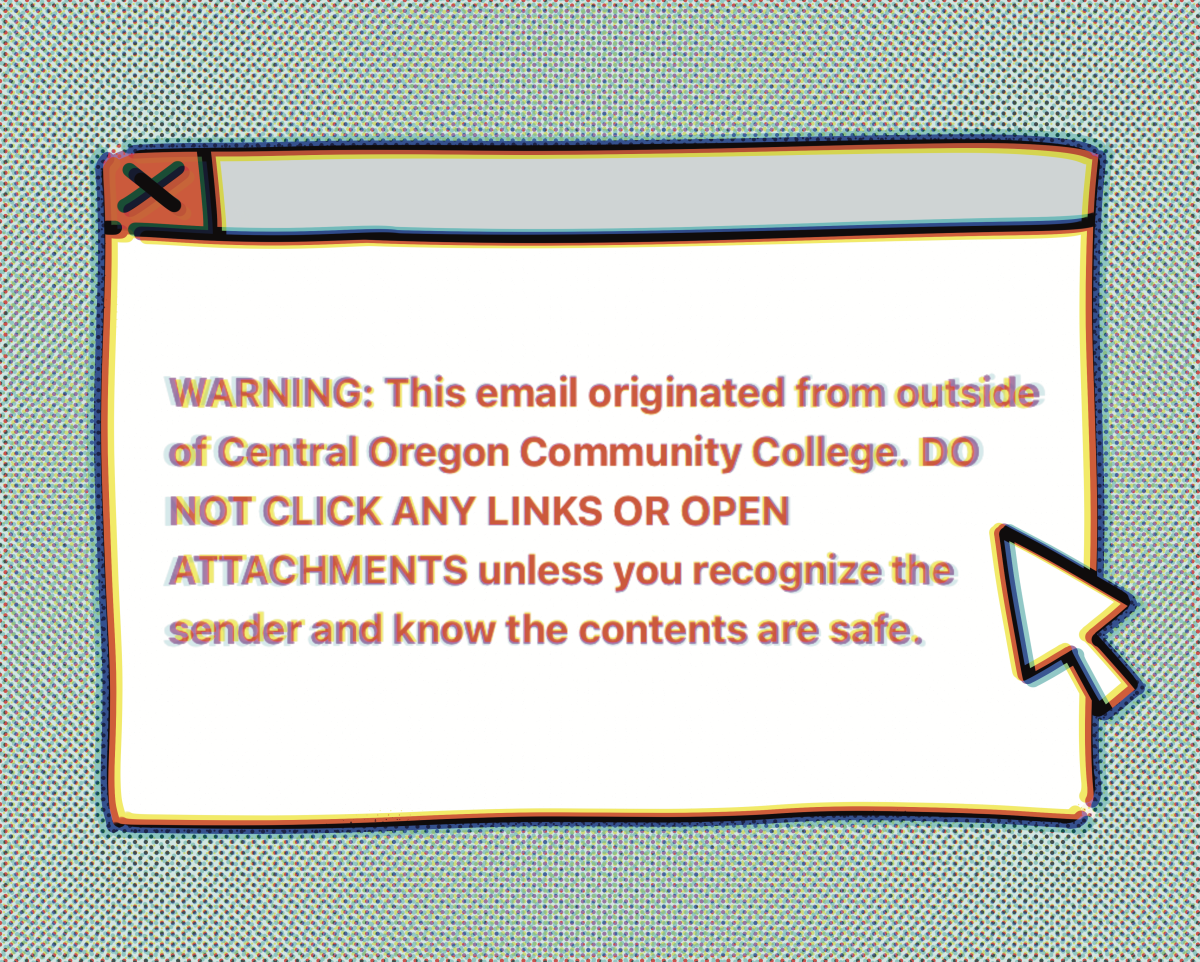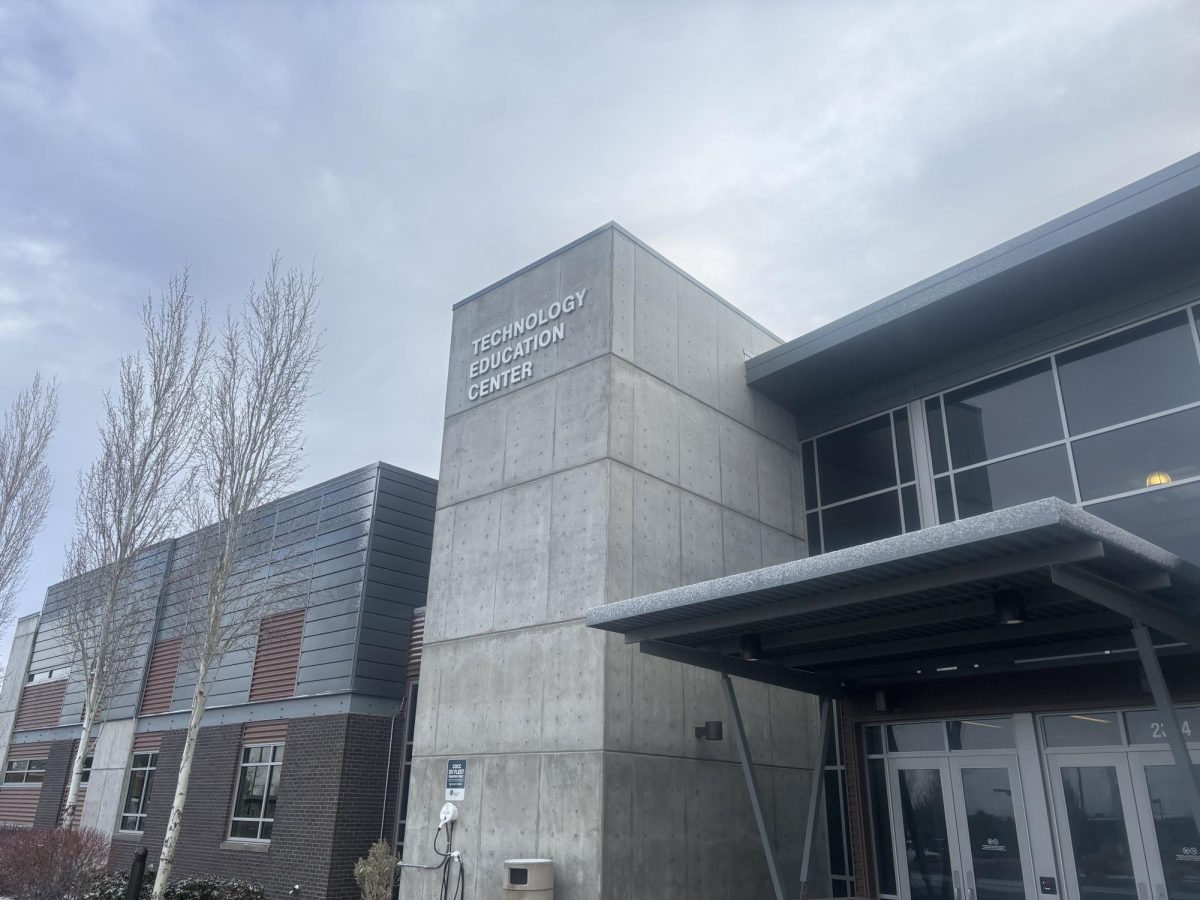Phishing attacks are becoming a prevalent issue across the country as scammers improve in looking professional enough to trick even the most cautious into giving away their personal information.
Central Oregon Community College is not immune to these scams. The school has seen an increase in these attacks, and students were recently targeted in a phishing scheme that resulted in 11 cases of financial aid refunds being stolen.
These phishing emails will often include messages about fake job opportunities, fixing fake problems about having ‘two logins,’ or sketchy links that will demand you ‘login’ to continue. They are being sent to COCC email addresses and attempting to steal usernames, passwords, and other personally identifiable information.
To see reported instances of these emails, go to COCC’s “Phishing” web page and look to “Recent Phishing Attempts” to view examples of what to avoid.
11 COCC students were impacted by this scam. This is the first time at COCC that a phishing attack has resulted in bank information being changed in student’s accounts. The college’s Director of Marketing and Public Relations, Jennifer Kovitz, stated that the total amount stolen was just over $40,000.
Impacted students had their stolen financial aid fully replaced through COCC funding sources.
Out of caution, on Monday Feb. 5 COCC required all students to reset their passwords and to check their Bobcat Web Account to verify their listed personal information is correct.
Tyler Hayes, director of admissions/registrar, said that, “Multifactor authentication is a topic of conversation right now, and something that will be coming for students in the near future…as students log in, it will be an additional layer.”
COCC is currently processing refunds via paper check, and students can pick them up in person. Once COCC gets additional security measures in place, they will reopen the option for students to provide bank information for electronic refunds.
Hayes also stated that COCC will never ask a student to provide any account information, password login information, or personally identifiable information. He requests that students report anything suspicious to [email protected].









Grandpa & Grandma | Feb 26, 2024 at 7:05 pm
That was very good information that applies to everyone, not just students. That was a very well written article.